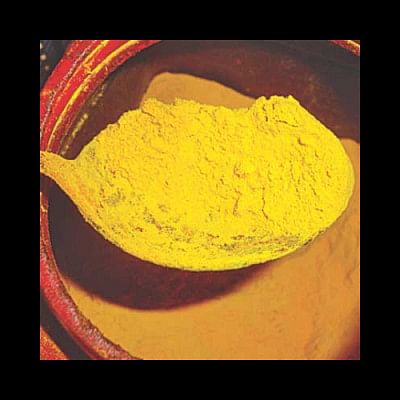BSTI or City Corporation, whose law to follow?

On one hand we have the standards set by the sole quality control institute of Bangladesh, the Bangladesh Standards and Testing Institution (BSTI), while on the other we have those laid down by the Pure Food Rules, 1967. Because of the discrepancies between these two sets of standards, all involved parties, from the food processors to the distributors and sellers, are facing a dilemma, while the general consumers are left confused.
BSTI determines the quality of different products as the sole quality controller in the country, to distribute qualified products in country's markets. Afterwards, BSTI licenses various institutions to manufacture products according to those standards. BSTI's own team works to check if the products are being manufactured according to the given standards and takes necessary legal action if any deviation is detected.
Besides that, in order to implement the current Pure Food Law, 1967, the City Corporation with the help of government institutes operate mobile courts along with anti-adulteration investigations. There are internal standards for food products in the Pure Food Rules, 1967, which are different from the BSTI standards. Processing falls in trouble due the two types of 'standards' for the same product. For example, in the case of mustard oil, the highest total acid value decided by BSTI is 2 percent, while in the Safe Food Law puts it at is 1.25 percent. During an investigation, the magistrate of the City Corporation takes legal action if he finds that the quantity of acid value is higher than 1.25 percent in mustard oil.

It is widely publicised in the papers when there is an investigation under the Pure Food Law anywhere, or if any lawful measures have been taken against any organisation. There is no doubt that investigations against unauthorised and counterfeit organisations are worthy of admiration. But if dissimilarity lies within the law, then it needs to be redressed.
The situation in the case of different spices is the same. For curry powder, the highest quantity of acid insoluble ash is 1 percent according to BSTI standards and 1.5 percent in the Pure Food Rules. For turmeric powder, the highest quantity of total ash is 7.3 percent according to BSTI standards and 9 percent in the Pure Food Rules. For chilli powder, the lowest quantity of non-volatile ether extract is 15 percent according to BSTI standards and 12 percent in the Pure Food Law. For cumin powder, the highest quantity of Total Ash on dry basis is 7.5 percent according to BSTI standards and 9.5 percent in the Pure Food Law.
Now the question is which law the producers will follow. Will they follow the BSTI standard or the Pure Food Rules standard? For the development of domestic industries, it is of utmost importance to eliminate the confusion created among producers, distributors and the overall clientele due to the two differing sets of standards for the same products within the same country.
As a result of this, confusion is being created amongst the general public and distrust towards domestic products and quality control institutes is on the rise – something nobody wants. So, it is essential to formulate a single 'set of standards' in everyone's best interest.
.................................................................................
The writer is an advocate, Dhaka Judge Court and can be reached at [email protected]

 For all latest news, follow The Daily Star's Google News channel.
For all latest news, follow The Daily Star's Google News channel. 



Comments